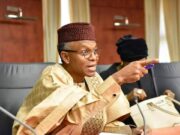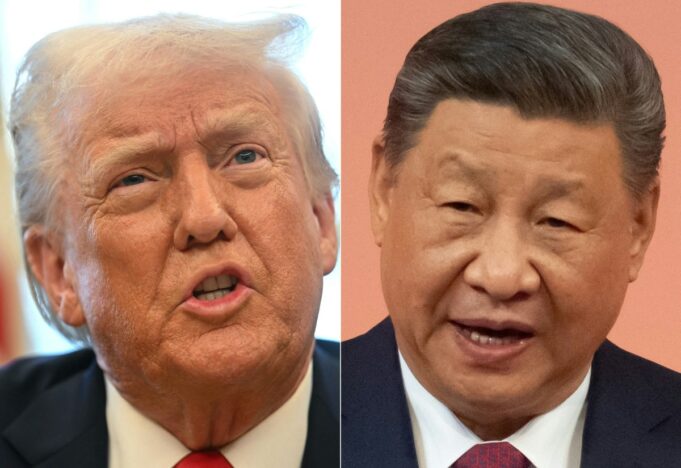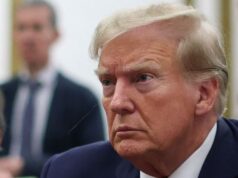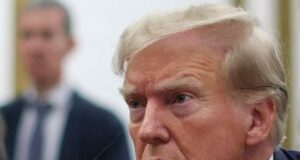Former U.S. President Donald Trump has stated that he is in “no rush” to engage in talks with Chinese President Xi Jinping, despite escalating trade tensions between Washington and Beijing.
On Tuesday, China announced fresh tariffs on U.S. energy, vehicles, and industrial equipment in response to new levies imposed by the U.S. on Chinese imports.
The tit-for-tat measures have heightened tensions between the world’s two largest economies, yet Trump remains unfazed, dismissing the urgency of a discussion with Xi.
While speaking to reporters at the White House, Trump downplayed expectations of an imminent conversation with his Chinese counterpart.
His administration had previously indicated that a call could take place this week, but White House Press Secretary Karoline Leavitt later clarified that no schedule had been set.
“He is not going to allow China to continue to source and distribute deadly fentanyl into our country, that was the reason for this tariff,” Leavitt explained, emphasizing the administration’s firm stance on Beijing.
In retaliation, China imposed up to 15 percent duties on U.S. coal and liquefied natural gas, alongside a 10 percent levy on crude oil, agricultural machinery, and large-engine vehicles.
Beijing also signaled its intent to investigate U.S. tech giant Google and PVH Corp, the parent company of Tommy Hilfiger and Calvin Klein.
China’s Ministry of Commerce criticized the U.S. for what it described as a “malicious” tariff hike and vowed to take its complaints to the World Trade Organization (WTO).
Additionally, Beijing introduced new export controls on key industrial materials, including tungsten, tellurium, bismuth, and molybdenum—critical components in various manufacturing and technology sectors.
Although China remains a significant market for U.S. energy exports, its reliance on alternative sources like Russia has grown.
Last year alone, China imported $94 billion worth of Russian energy compared to just over $7 billion from the U.S.
While Trump remains firm on China, he has softened his stance toward Mexico and Canada, temporarily lifting planned tariffs on the two North American countries.
The decision came after Mexican President Claudia Sheinbaum and Canadian Prime Minister Justin Trudeau agreed to step up efforts against illegal migration and fentanyl trafficking.
Mexico has already begun deploying 10,000 troops to its northern border as part of the deal, while Canada has pledged to appoint a “Fentanyl Czar” and formally designate drug cartels as terrorist organizations.
Trump, who has often used tariffs as a foreign policy tool, reiterated his commitment to leveraging economic pressure to secure favorable outcomes.
He has previously described tariffs as the “most beautiful” word in the dictionary, signaling his continued reliance on trade measures to address global challenges.
With no immediate resolution in sight, the U.S.-China trade conflict appears poised to intensify, while Mexico and Canada work to avoid similar economic penalties.

















